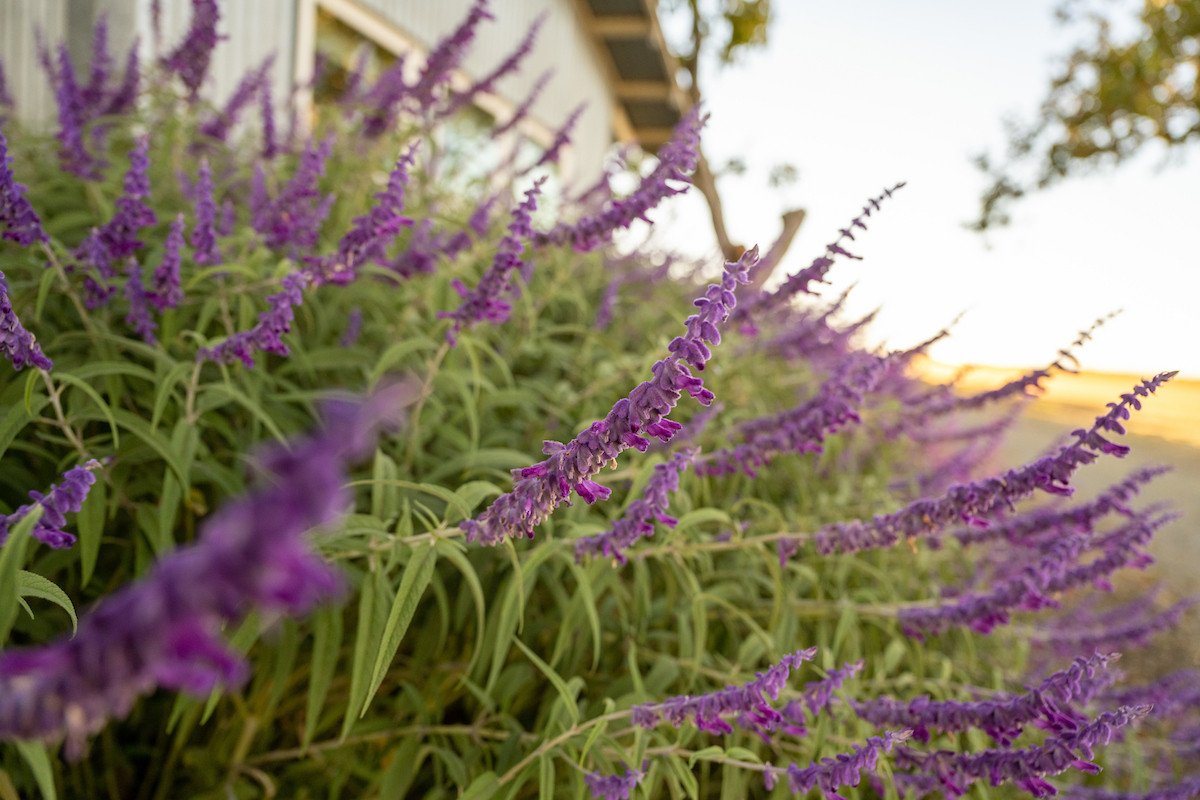AFT Partners with AGDAILY to Elevate Diversity in Agriculture
(Washington, D.C.) American Farmland Trust and AGDAILY have entered into a new partnership to highlight diverse perspectives and opportunities for greater equity in American agriculture. As part of the new partnership, AFT will sponsor AGDAILY’s new Diversity in Agriculture landing page and an intern to create content for the new forum.
“AFT is pleased to join with AGDAILY to showcase diverse voices in American agriculture and help us all move forward to a future where there are meaningful opportunities for everyone in farming and ranching – regardless of race, ethnicity, gender and gender identity, sexual orientation or other personal qualities,” said David Haight, AFT vice president of programs.
AGDAILY has established a landing page, sponsored by AFT, on its website dedicated to diversity in agriculture, social justice and economic issues related to marginalized populations in the industry. This will be a place where important stories can be told, and viewpoints shared through articles, videos and editorials highlighting newsworthy topics in this space.
AGDAILY also hired intern Saul Reyes, a senior at California State University-Chico and member of the Ag Communicators Network to support two contributors brought in during 2020 to write on diversity issues, former FFA student President Bre Holbert and former MANNRS undergraduate Vice President Irene Lewis.
Reyes’ time at Chico State has combined his love of agriculture with social justice advocacy to raise awareness about food insecurity, farmworker rights, lack of diversity in U.S. agriculture and gaps in agricultural literacy. The first-generation college student from Hanford, California, is double majoring in plant and soil science and multicultural and gender studies, while minoring in intersectional Chicanx/Latinx studies and public relations.
“My goal is to promote social justice, especially within the agriculture industry,” Reyes said in a Chico State College of Agriculture article. “I want to increase people of color in the agriculture industry by making it more inclusive to be a part of.”
AFT joins AGDAILY, because it has long led discussions on farming’s most difficult, complex and timely issues and strives to bring awareness to the needs of minority farmers after generations of systemic racism in agriculture. For example, AGDAILY increased its 2021 editorial spending by 10 percent specifically to highlight minorities in agriculture.
“The hope is to cultivate thought-provoking conversations and to welcome into our shared platform the perspectives that people may not be immediately familiar with. We want to be the space to have a discussion, the forum for a palatable yet challenging conversation into the history, present and future of the world around us,” said Ryan Tipps, managing editor for AGDAILY.
“American Farmland Trust understands that achieving a resilient agricultural system depends on equity and inclusion for all groups who have been, and still are marginalized,” said Haight. “Achieving greater equity and ending discrimination benefits all Americans by contributing to a more resilient agricultural system; a stronger economy, especially in rural areas; and a more just society.”
Link to American Farmland Trust statement on Diversity, Equity, Inclusion and Justice.
###
American Farmland Trust is the only national organization that takes a holistic approach to agriculture, focusing on the land itself, the agricultural practices used on that land, and the farmers and ranchers who do the work. AFT launched the conservation agriculture movement and continues to raise public awareness through our No Farms, No Food message. Since our founding in 1980, AFT has helped permanently protect over 6.8 million acres of agricultural lands, advanced environmentally-sound farming practices on millions of additional acres and supported thousands of farm families.




